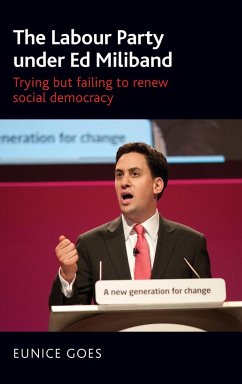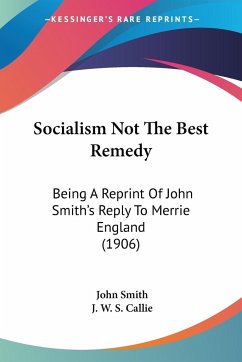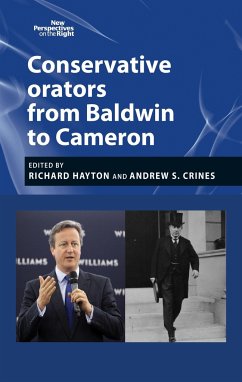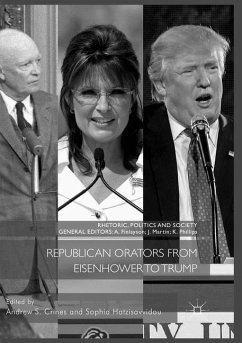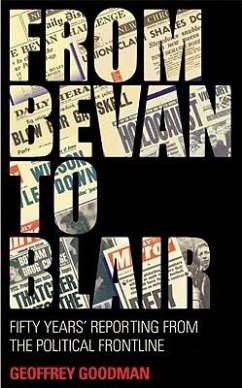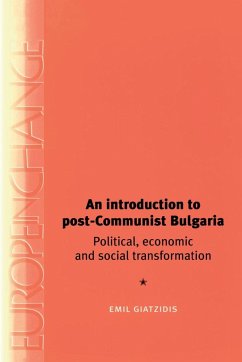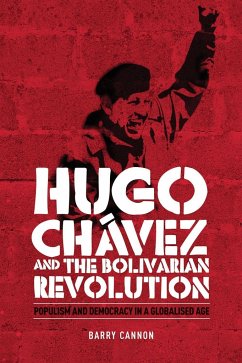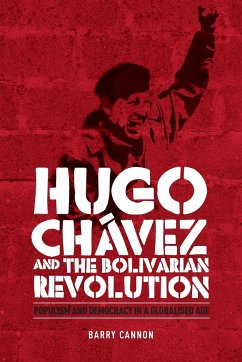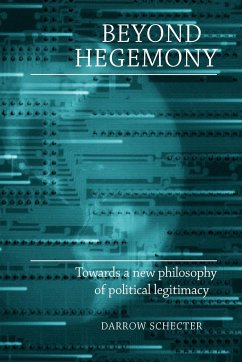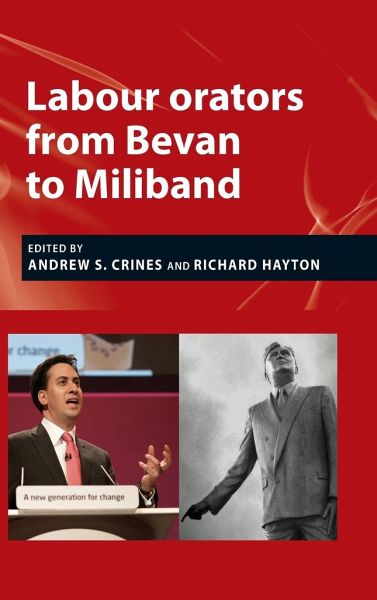
Labour orators from Bevan to Miliband

PAYBACK Punkte
61 °P sammeln!
How do leading Labour figures strive to communicate with and influence the electorate? Why have some proven more successful than others in advancing their ideological arguments? How do orators seek to connect with different audiences in different settings such as parliament, party conference and through the media? This thoroughly researched and highly readable collection comprehensively evaluates these questions as well as providing an extensive interrogation of the political and intellectual significance of oratory and rhetoric in the post-war Labour Party. By drawing analytical inspiration f...
How do leading Labour figures strive to communicate with and influence the electorate? Why have some proven more successful than others in advancing their ideological arguments? How do orators seek to connect with different audiences in different settings such as parliament, party conference and through the media? This thoroughly researched and highly readable collection comprehensively evaluates these questions as well as providing an extensive interrogation of the political and intellectual significance of oratory and rhetoric in the post-war Labour Party. By drawing analytical inspiration from Aristotelian oratorical and rhetorical techniques the contributors each shine new and insightful light upon Labour's evolution. In particular, the collection evaluates Aneurin Bevan, Hugh Gaitskell, Harold Wilson, Barbara Castle, James Callaghan, Michael Foot, Tony Benn, Neil Kinnock, John Smith, Tony Blair, Gordon Brown, and Ed Miliband. Each chapter explores how its subject attempted to use oratory to advance their agenda within the party and beyond. Their oratorical success and impact is evaluated through an examination of their performance in three major arena of engagement, which each offered their own particular challenges. These are the conference chamber, the House of Commons, and public engagement through open meetings and/or the media. Students of British politics and political history, communication studies, and parties and ideologies will find this volume essential reading. It will also be of particular value to those seeking to advance their appreciation of Labour studies, with particular emphasis upon how successful orators emerged and influenced the success of the party.





